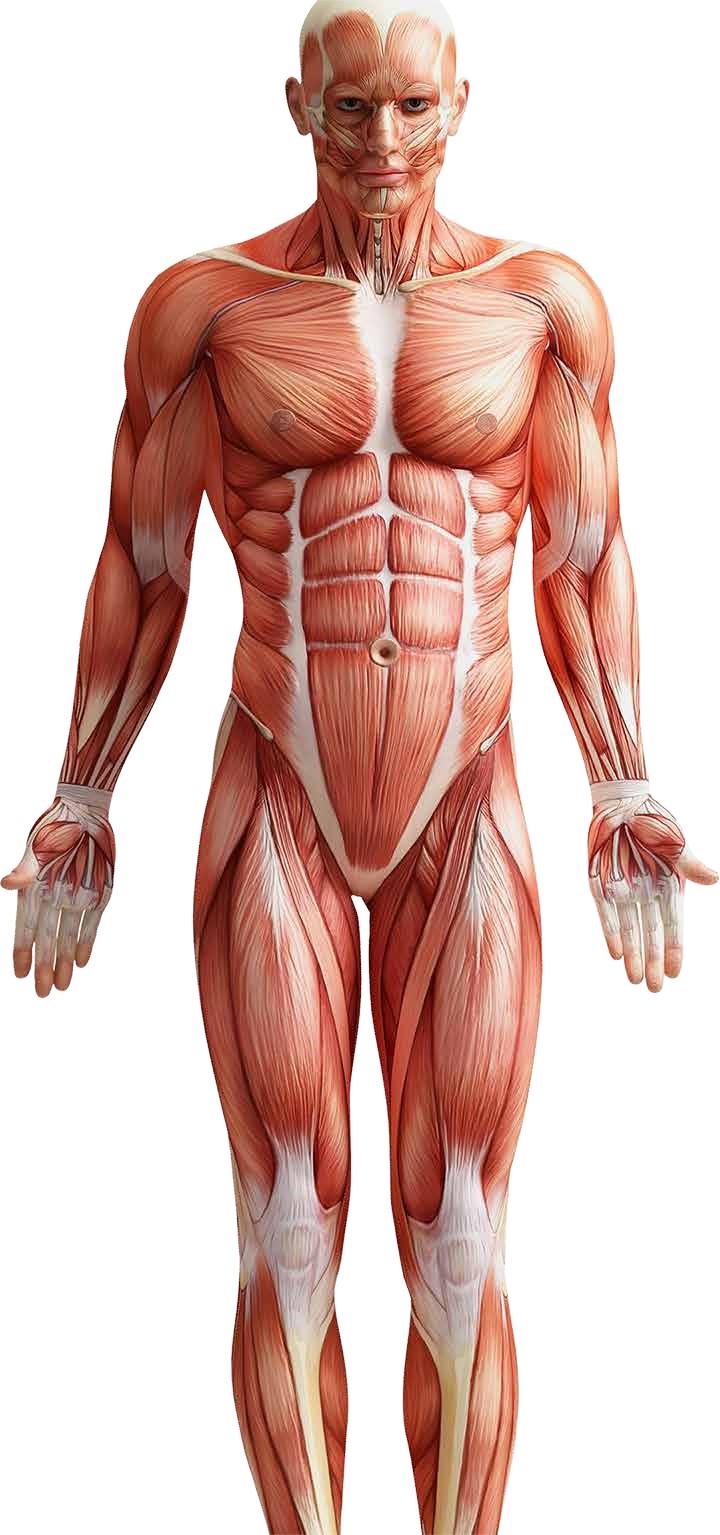Wondering About Low T? Here are the Low Testosterone Symptoms You Should Know
Do you keep noticing commercials about Low Testosterone symptoms, or Low T, and wonder what exactly they are talking about? Are you wondering if you have Low T? We have yet to meet anyone nearing 40, or older, who sees these commercials and can consistently say I never feel like that with the same pep I did when I was younger.
For healthy men, testosterone peaks at age 19 and goes down about 1-2% a year for the rest of your life. We are living 64% longer today than we were just one century ago and different parts of our body age faster than other. An unbalanced or depleted endocrine system has so many men are suffering from the Low Testosterone symptoms. . . but they don’t have to suffer from what so many people just write-off as normal aging.
What is Testosterone?

Testosterone is a naturally occurring and very potent hormone produced in large amounts by all males (and in much smaller amounts in females). Production begins in the womb and then gradually increases for weeks from birth.
Initially, it fortifies the development of male genitalia, then gradually affects every vital physiological system (muscular, circulatory, skeletal, reproductive, etc.)
After reaching physical maturity, testosterone plays a major role in the healthy development of male sexuality. Testosterone levels drastically surge during the onset of puberty. Levels peak at 19, then level o and begin to drop by the mid-30s, by about 1% per year.
What are the Low Testosterone Symptoms?
Except in cases of hypogonadism (medically low testosterone) when it occurs much earlier, most men begin to feel many of the symptoms of low testosterone by their 40s. It’s one reason why our physical and mental capabilities begin to diminish as we age, and it may even contribute to the following life and relationship altering conditions of Low T:

- Loss of Muscular Mass and Strength
- Reduction in Bone Density
- Loss of Skin Elasticity
- Hair Loss/Male Pattern
- Baldness
- Erectile Dysfunction
- Depression
- Fatigue
- Loss of Concentration or Memory
- Weight Gain
- Gynecomastia
- Hot Flashes
- Lower Sex Drive
- Urinary Problems
- Sleep Problems
- Irritability
- Night Sweats
- Hypogonadism
- Adrenal Fatigue
- Thyroid Health
There is a syndrome called Irritable Male Syndrome, or IMS, that’s caused by low testosterone. It is not just having a low libido. This syndrome includes emotional withdrawal, lack of motivation, aggression, personality changes, and anxiety. Irritable Man Syndrome can also present in self-destructive activities including gambling, alcoholism and workaholism.
Sound like you? Low testosterone affects over 13.8 million men in the US. Many of these men are in their 30s and even 20s due to hypogonadism.
Low T effects go beyond sex drive and mood. Testosterone deficiency increases the risk for cardiovascular disease, type 2 diabetes, and bone fractures. Low testosterone increases mortality risk.
800 men were followed for 50 years and the men with the lowest testosterone levels had a 33% greater chance of death, from all causes, than the group with the highest testosterone levels. Another study showed that men with low testosterone had 88% higher mortality levels than men with normal testosterone.
Hormone Therapeutics aims to help people looking to improve and optimize their health through natural means or through the guidance of our physicians.
Don’t miss out our free weekly tips and news on Low T, hormone balancing, healthy living, nutrition and a lot more.
Want more? 
Sign up today and Get our ebook, ‘Naturally Increase Your Testosterone Levels’ absolutely FREE.
Wondering About Low T? Here are the Low Testosterone Symptoms You Should Know
Saleamp Design September 30th, 2016
Posted In: Low T Info
Tags: Adrenal Fatigue, Andropause, Baldness, depression, erectile dysfunction, fatigue, gynecomastia, Hair Loss/Male Pattern, Hot Flashes, hypogonadism, irritability, irritable male syndrome, Loss of Concentration or Memory, Loss of Muscular Mass and Strength, Loss of Skin Elasticity, low t, low testosterone, low testosterone symptoms, Lower Sex Drive, male sexuality, Night Sweats, Reduction in Bone Density, Sleep Problems, testosterone deficiency, Thyroid Health, Urinary Problems, weight gain


